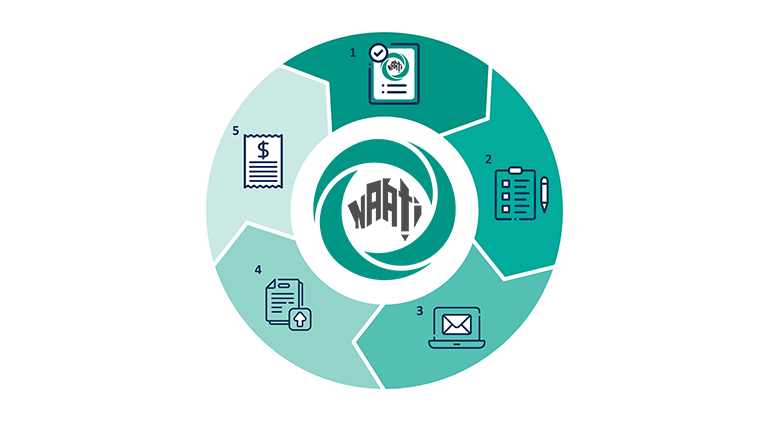This page can be viewed in:
This page is available in the following languages
What is NAATI certification?
NAATI is the national standards and certifying authority for translators and interpreters.
Holding NAATI certification (or recognition) means you meet the standard expected of translators and interpreters in the community.
Different certification types are offered for different purposes to reflect the changing needs of our multicultural community.
How was the Certification System designed?
The Certification System was designed following extensive research and consultation into the knowledge, skills and attributes that are necessary for translators and interpreters to be successful in the role.You can read the Improvements to NAATI Testing Report, and the Knowledge, Skills and Attributes documents on the Improvements to NAATI Testing Project page if you want to learn more.
On this page
How to get certified: Three pillars of certification

1. Complete formal training and meet the prerequisite requirements.
You must complete formal training in interpreting or translation before applying to NAATI. Other prerequisites include demonstrating your English proficiency, ethical competency and intercultural competency.
These vary depending on the credential you are applying for.

2. Pass a NAATI certification test
Or demonstrate your work practice (for Recognised Practising credentials)
For more information about the different credentials, go to the section on choosing a credential below.

3. Recertify every three years.
All NAATI credentials will expire after the initial three years.
To keep your credential beyond this, you need to recertify by demonstrating you are maintaining your skills and language through work practice and professional development. This assures the community that only practising professionals hold NAATI credentials.
Choosing a credential
NAATI’s Certification System offers eight different credentials for translators and interpreters which you can see below.
They fall into two broad categories:
- Certification, which includes sitting a test with NAATI
- Recognised Practising, where tests are not available we will indirectly assess your competency by looking at your work practice.
You should choose the credential to apply for based on what type of work you want to do and what level of formal training you complete.
Click the flip cards below to learn more about each credential and what NAATI assesses for each. The links will take you to view detailed information about each credential, including the training and prerequisites you would need to meet to become certified.
Translator

Recognised Practising Translator
(Auslan credential available)
There is no test required to be granted one of these credentials, but applicants must provide evidence of work practice.
Spoken languages | Written English into Auslan
Certified Translator
Tasks assessed by NAATI
• Translation of non-specialised texts
• Revision of a non-specialised translation
Interpreter

Recognised Practising Interpreter
(Deaf and Deafblind credential available)
There is no test required to be granted one of these credentials, but applicants must provide evidence of work practice.
Spoken languages | Deaf Interpreter | Deafblind Interpreter
Certified Provisional Interpreter
(Auslan and Deaf interpreting tests available)
Tasks assessed by NAATI
• Interpreting face-to-face (or video) and remote (telephone) dialogues between an English and other language speaker, facilitated by live role-players.
Spoken languages | Auslan | Deaf interpreter
Certified Interpreter
Becoming a Certified Interpreter requires you to pass two tests with NAATI: the Certified Provisional Interpreter (CPI) test and the Certified Interpreter (CI) test.
(Auslan test available)
Tasks assessed by NAATI
• Interpreting dialogues between two people
• Sight translation of documents from one language (written) to another (verbal).
• Interpreting monologues (consecutive and simultaneous interpreting)
Spoken languages | Auslan
Certified Specialist Health Interpreter
(Auslan test available)
Tasks assessed by NAATI
• Health knowledge test
• Interpreting test
Spoken languages | Auslan
Certified Specialist Legal Interpreter
(Auslan test available)
Tasks assessed by NAATI
• Legal knowledge test
• Interpreting test
Spoken languages | Auslan
Certified Conference Interpreter
(Auslan test available)
Tasks assessed by NAATI
• Interpreting monologues (consecutive and simultaneous,
both seen and unseen speeches), including booth interpreting
Spoken languages | Auslan
Useful resources

Frequent questions
View our terms and conditions or check out the answers to some of our frequently asked questions (FAQs).

Next steps
Learn more about the importance of recertification for all NAATI certified practitioners, and the job and professional development opportunities available to you.

About Us
NAATI is a public, not-for-profit company that is jointly owned by the Commonwealth, state and territory governments.

